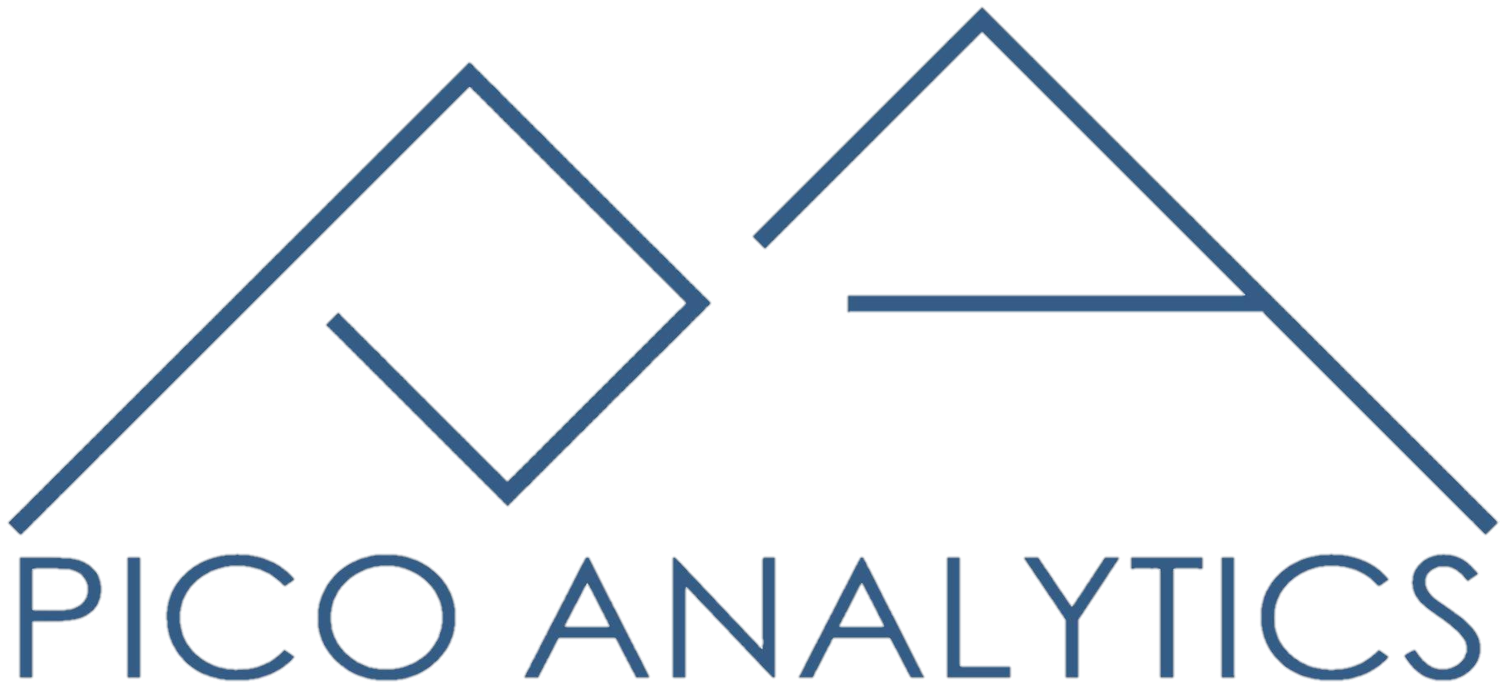Zoom Talk Review: The Climate Crisis and its Solutions
On the 26th of January, Pico Analytics CFO/COO, Emily Robinson partnered with the National Liberal Clubs’ Sustainability Forum to present a discussion titled ‘The Climate Crisis and its Solutions.’
Emily is extremely well versed on the topic as a Certified Climate Reality Project Leader, a role which promotes education and understanding about climate change. She also has a Certificate in Business Sustainability Management from the University of Cambridge Institute for Sustainability Leadership and is on the governing board of the Commonwealth Human Ecology Council.
Emily began the talk by outlining what the climate crisis is and in particular, how humans are influencing the earth’s temperature. In fact, most of the increase in the global temperature since 1950s has been caused by human activity. This has been caused by burning fossil fuels for energy, intense farming and agriculture to produce meat and crops and removing forests and trees to make space for other land uses. This has meant that global temperatures have increased by 1°C in the past century.
In the talk, the audience were made to consider that although 1°C does not seem like a significant temperature rise, it is having a significant impact on the planet. More worryingly, the temperature is continuing to rise.
This graph has been produced by the World Meteorological Organisation, revealing that the year 2020 was one of the three warmest years on record. If human action is not taken, global temperatures will continue to rise, causing increased risks to natural and human systems. [1]
The latter half of the presentation gave the audience reasons to be optimistic for a number of reasons. The demand for sustainable (ESG) investments has been consistently growing. PwC have forecasted that in 2020, 57% of mutual fund assets in Europe will be held in ESG funds. This is a 15% increase from 2019 figures. [2] With investors leading the demand for sustainable funds, there is hope that this will translate into consumers living more sustainably.
Additionally, solar and wind energy has become increasingly cheaper than non-renewable sources such as coal over the past decade. Between 2010 – 2019, the cost for solar energy has decreased by 82% and on shore wind energy by 40%.[3] If trends like this continue, renewable energy will become the favourable alternative to carbon intensive energy sources such as coal.
In the talk, Emily also gave credit to the innovative and optimistic initiative of The Great Green Wall in Africa that seeks to combat the effects of climate change. The Great Green Wall aims to grow 8,000km of greenery within the deserts of Africa and 14 years since its birth, has already achieved 15% of this goal.[4] Through the African Union, more than 20 countries within Africa have contributed to the wall including Ghana, Ethiopia and Egypt to name a few. On completion, the wall will act as a solution to a variety of ecological and social issues in the global community such as climate change, drought, migration and famine. [5] This means that the Great Green Wall directly contributes to 15 of the 17 UN 2030 Sustainable Development Goals.
The Great Green Wall has gained international attention and support. International partners of the wall include the European Union, The Word Bank and the United Nations. The World Economic Forum, another partner of the wall are advocates for prioritising the acceleration of development The Great Green Wall.[6] They have predicted that $36 - $43 billion of additional funding is needed from now till 2030 in order to complete the 8,000km goal. This is up to 20 times more than funding towards the wall during 2007 – 2020.[7]
If these targets can be met by both public and private sector investment, there is increased optimism that globally, we can overcome the Climate Crisis and meet the Paris Agreement target of limiting global warming to 1.5°C.
Lastly, I would like to thank Emily and the National Liberal Club for sharing your insights and hosting an extremely informative evening discussing the climate crisis and what we can do to act upon it.
[1] https://public.wmo.int/en
[2] 2022 - The growth opportunity of the century, PWC 2020
[3] https://www.irena.org/publications/2020/Jun/Renewable-Power-Costs-in-2019
[4] https://www.greatgreenwall.com/
[5] https://www.greatgreenwall.com/
[6] https://www.weforum.org/agenda/2020/11/why-accelerating-ecosystem-restoration-in-the-sahel-must-be-a-priority-sustainable-development-agroforestry-regenerative-approaches/
[7] https://www.weforum.org/agenda/2020/11/why-accelerating-ecosystem-restoration-in-the-sahel-must-be-a-priority-sustainable-development-agroforestry-regenerative-approaches/



